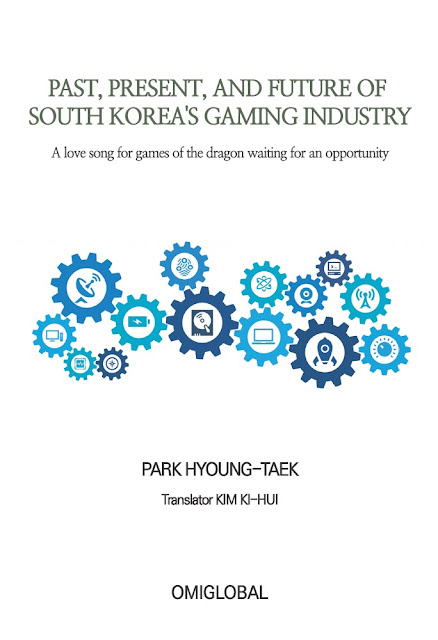泥中蟠龍's Game愛歌 _ MU Online, 全民奇迹MU, and MU Origin
泥中蟠龍's Game愛歌
[A love song for games of the dragon waiting for an opportunity]
MU Online, 全民奇迹MU, and MU Origin
The recent biggest news in the gaming industry seems to be a notable success of MU Origin in the domestic market. It was second on the Top Grossing category list of the Google Play within a week and temporarily took the first place beating Raven (Evilbane in the U.S.) by Netmarble.
MU Origin is 全民奇迹(Jeonmingijeok)-MU developed by TIANMA and published by Kingnet in China. It already proved to be successful, ranking high on top of Chinese mobile game charts for a few months. As the title suggests it, MU Origin is the mobile version of MU Online, the greatest hit by Webzen, which was released more than a decade earlier in Korea. Cutting classes to play MU Online in 2001 is still fresh in my memory. Despite poor grades, the Webzen-produced MMORPG had a big impact on my life; I set up a video game company in 2002 and I'm still working in the gaming-related industry. To return, MU Origin shows gameplay, worldview, and game characters of the PC-based MU in the same way. There have been many variations of user interface and input devices suitable for mobile use for more than ten years, however, a user who had any previous experience playing MU Online easily can see familiar monsters, characters, and maps as soon as it begins.
Recently, it is not rare to hear that China has a leg up on South Korea in the field of video-game development citing the notable success of MU Origin. Because China-developed games such as MU, 刀塔传奇 (Dao Ta Chuan Qi), Rush of Heroes (我叫MT2 in China, Top of Tanker in South Korea), etc. have made record-high sales in the local market, while domestic developers haven't achieved any performance in the Chinese market during the same period.
But I have different thoughts on the issue. The population of China is ten times that of South Korea and a large number of video games are made and released to its population. Well-made games and low-quality games are mixed in together. A few record-high-sales games among them have drawn the attention, however, there have been numerous ones have disappeared from the local market before we were aware of them. Korean game developers haven't had a proper chance to release their superior-quality video games and it's not suitable time to evaluate excellence with the sales performance of a few Korean games selling in China due to the unproven ability of Chinese publishers. It might be a lack of localization or management ability of Chinese publishers not because of the problem of games themselves.
It is too soon to tell that the growth of China is surpassing the national ability to develop mobile games. Of course, I think that China is getting more advanced while our research on the Chinese gaming market is lacking. But, as I mentioned previously, the fact that MU Origin based on the huge-hit MU Online was made by Chinese development and won success in Korean market paradoxically might show hope of Korean games' success in the Chinese market. South Korea is still recognized as the personal-computer-game powerhouse and its mobile game market is in the top 5 in the world. I expect that a game like MU Origin would be made by a domestic development, not by overseas one.
※ This is from Kyunghyang Games column by 泥中蟠龍 since September 2013.
(http://www.khgames.co.kr)
Translation by Kim Ki-hui


Comments
Post a Comment